Ever feel like your mind is a million miles away while you’re trying to work? Does staying focused feel like a constant battle against distractions? You’re not alone. In today’s fast-paced world, maintaining attention can be a challenge. But what if the key to sharper focus wasn’t a fancy app or expensive supplement, but something you do naturally every single day — breathing?
That’s right, breathing techniques can be powerful tools for enhancing your attention and focus, according to a study published in the National Institutes of Health (NIH). When we’re stressed or distracted, our breathing becomes shallow and rapid. This reduces oxygen flow to the brain, hindering our ability to concentrate. Deep, controlled breathing, on the other hand, activates the parasympathetic nervous system, promoting relaxation and focus.
Let’s delve into the science behind how breathing techniques work and explore some simple exercises you can incorporate into your daily routine.
The Science Behind the Breath
Our brains are incredibly demanding organs, requiring a constant supply of oxygen to function optimally. Deep breathing, also known as diaphragmatic breathing, engages the diaphragm, a dome-shaped muscle below your lungs. When you breathe deeply, your diaphragm contracts, pulling air into your lungs and expanding your belly. This increases oxygen intake, sending a calming signal to the body and promoting sharper mental clarity.
Studies have shown the effectiveness of breathing techniques in improving cognitive function. A study published in the National Institutes of Health looked at the effects of diaphragmatic breathing on attention and found that participants who practiced this type of deep breathing showed improved sustained attention compared to a control group.
Another study explored the impact of mindfulness meditation, which incorporates focused breathing, on attention. The study found that regular meditation practice enhanced participants’ ability to sustain attention and resist distractions.
Simple Breathing Techniques for Enhanced Focus
Now that you understand the science, let’s explore some easy-to-follow breathing techniques you can practice anywhere, anytime:
- 4-7-8 Breathing: This technique is a favorite among many for its simplicity and effectiveness.
- Box Breathing: This technique helps anchor your attention to the present moment.
- Alternate Nostril Breathing: This exercise helps calm the mind and improve focus.
- Pursed Lip Breathing: This technique is helpful for slowing down rapid breathing during stressful situations.

Finding Your Breathwork Flow
It’s important to remember that everyone has different preferences when it comes to breathing techniques. Some may find deep breathing calming and effective, while others might prefer the structured approach of box breathing. The key is to experiment and find what works best for you. Here are a few tips to help you discover your breathwork flow:
- Short Sessions: Start with short practice sessions, around 2-3 minutes. As you become more comfortable, gradually increase the duration.
- Quiet Space: Choose a quiet and comfortable space free from distractions. This will allow you to focus on your breath and bodily sensations without interruption.
- Focus on Your Breath: During your practice, pay close attention to the sensation of your breath moving in and out. Feel the rise and fall of your belly or chest with each inhale and exhale.
- Be Patient: Building a consistent breathwork practice takes time and effort. Don’t get discouraged if you find your mind wandering at first. Gently guide your attention back to your breath and continue the practice.
Practice Makes Perfect: Tips for Mastering Your Breath
By incorporating these tips into your practice, you can become more comfortable and proficient with your breathwork:
- Complementary Practices: Breathwork can be particularly effective when combined with other mindfulness practices like meditation. Taking a few minutes to meditate after your breathing exercises can deepen your focus and relaxation.
- Integration Throughout the Day: Short breathing exercises can be integrated throughout your day whenever you feel overwhelmed or lack focus. Taking a few deep breaths before an important meeting or during a stressful moment can significantly improve your mental clarity and ability to cope.
Evidence-Based Breathwork
The benefits of breathwork for focus are backed by scientific evidence. Studies have shown that specific breathing patterns can increase blood flow to the prefrontal cortex, the area of the brain responsible for cognitive function and decision-making. Additionally, breathwork can help to regulate the amygdala, a part of the brain associated with fear and stress, leading to a calmer and more focused mind.
The Takeaway: Breathe Your Way to a Sharper You
Learning to control your breath isn’t just about achieving relaxation; it’s about unlocking a powerful tool to enhance your focus and sharpen your thinking. By incorporating these simple yet effective breathing techniques into your daily routine, you can transform your mind and body, enabling you to tackle tasks with greater focus and clarity. So, take a deep breath, find a technique that works for you, and breathe your way to a sharper, more focused you.











